U.S. slammed for providing controversial weapons to Kyiv as military aid package
The world must step up efforts to stop and prevent the use of cluster bombs in conflict zones, experts said, as they slammed the United States for providing the controversial weapons to Ukraine as part of a new $800 million military aid package.
Sriprapha Petcharamesree, a law professor at Chulalongkorn University in Thailand, said she opposes the use of cluster munitions, a class of weapon that had been banned by scores of countries as unexploded "bomblets" can maim or kill people for decades.
Citing examples like Laos and Vietnam, where people are "suffering" from cluster bombs decades after the munitions were fired during wars, Sriprapha, a former representative of Thailand to the ASEAN Intergovernmental Commission on Human Rights, said that deployment of the weapons amounts to "serious human rights violation".
Cluster bombs pose a deadly threat to civilians, especially children, long after the conflict as they release smaller bomblets that can kill indiscriminately over a wide area. Due to the danger, the munitions are banned in more than 100 countries.
Thanks to the U.S., Ukrainian forces have deployed cluster bombs in their attacks against Russian targets, killing journalist Rostislav Zhuravlev and injuring others in July, according to the Russian Defense Ministry.
Washington's recent decision to provide the widely banned weapons to Ukraine has been slammed by human rights groups.
Even before the Russia-Ukraine conflict started, Ukraine was already one of the most mined countries in the world.
"Mines and other types of explosive ordnance pose a serious risk to children and hamper possibilities of development of those mine-affected areas," Save the Children humanitarian group said in April.
In Ukraine, 1 in 8 civilians killed or injured by land mines and unexploded ordnance is a child, according to the international aid agency.
Iranian Foreign Ministry spokesman Nasser Kanaani said in a tweet on July 9 that U.S.' decision to send cluster bombs to Ukraine shows its determination to "prolong and complicate the war there".
"This is yet another example of America's destabilizing actions and exports of arms that indiscriminately contribute to more killings and destruction," said Kanaani.
Irresponsible act
Naeem Khalid Lodhi, former defense minister of Pakistan, said the U.S. decision to supply Ukraine with cluster bombs is a very irresponsible act because it is against the United Nations Convention on Cluster Munitions.
It is even against the desire of the NATO allies of the U.S., Lodhi said in a video interview published by Xinhua News Agency on July 25.
"They once said that Russians are using it, and they made a very strong statement that this is not to be used, and (now) if they are using it, they are doing something wrong," said Lodhi. "So, these are double standards."
This year marks the 15th anniversary since the Convention on Cluster Munitions was adopted in Dublin, Ireland. The international treaty prohibits the use, production, acquisition, transfer, and stockpiling of cluster munitions and requires destruction of stockpiles.
A total of 123 countries have signed or ratified the convention. The U.S. is not a party to the treaty.
Though 99 percent of world stockpiles have been destroyed since the convention was adopted, at least 26 countries and three other areas remain contaminated by unexploded sub-munitions, according to a report released in August last year by the Cluster Munition Coalition, or CMC. At least 149 new cluster munition remnant casualties were identified in 2021.
Laos, Vietnam, Cambodia and Iraq are among the most heavily affected countries by cluster munition remnants, according to the CMC's website.
Analysts and officials have voiced concerns over the long-term consequences of cluster bombs as they will not only claim innocent lives but also hinder the development of the affected areas.
Heng Kimkong, visiting senior research fellow at the Cambodia Development Center, said he is concerned about the long-term consequences of using the munitions, as evidenced in post-war Cambodia.
Countries like the United Kingdom, Canada, New Zealand, Spain and Germany have also voiced their disapproval of the deployment of cluster munitions.









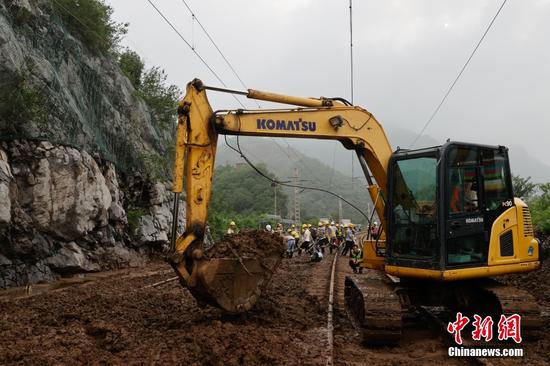




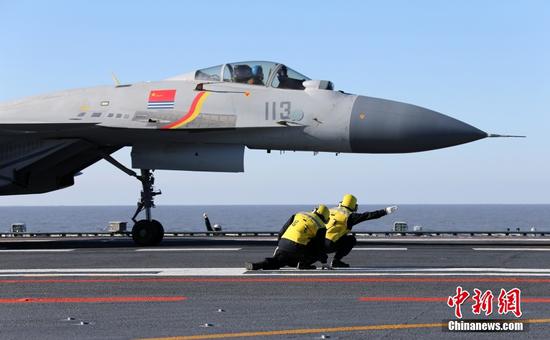

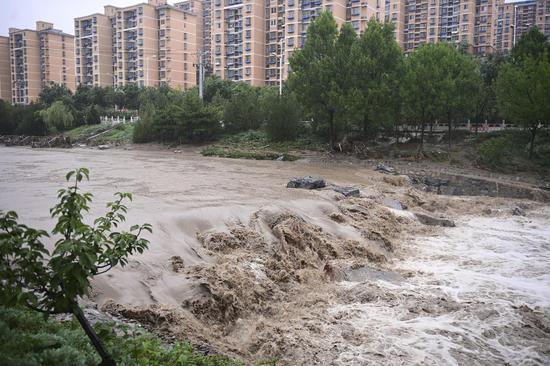




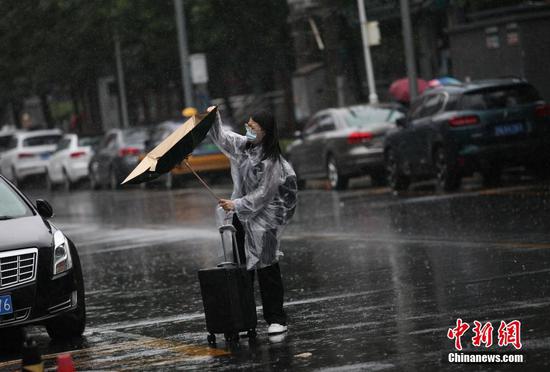





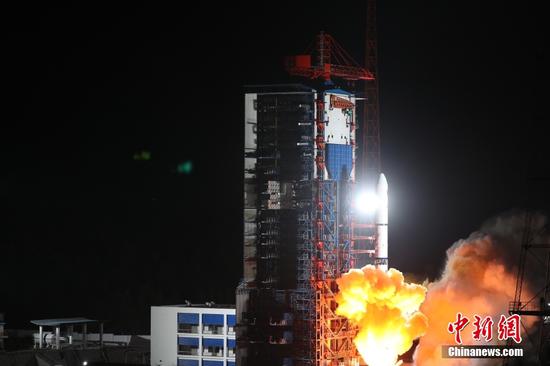
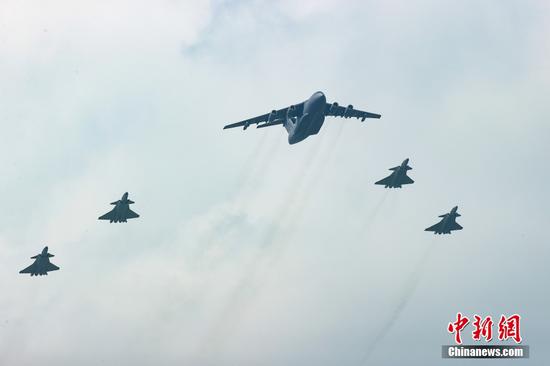
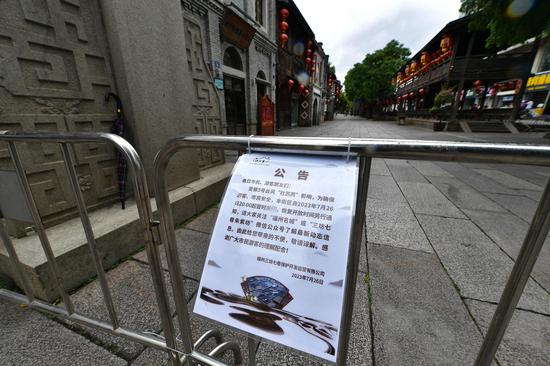






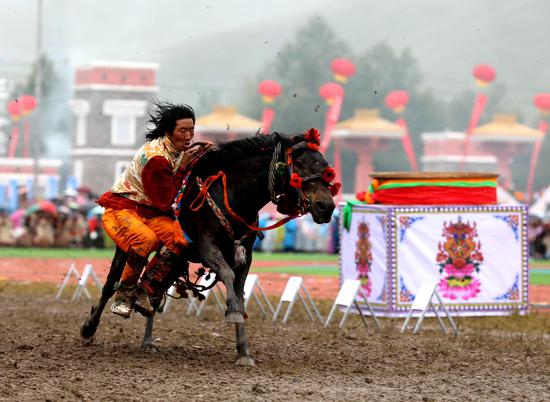





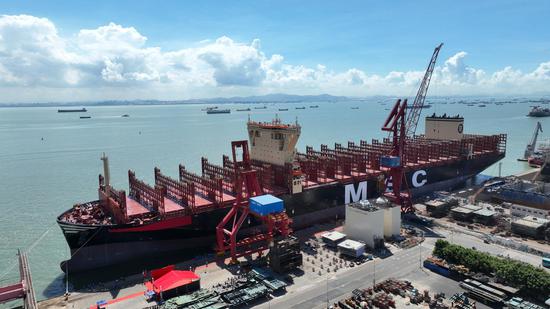







 京公网安备 11010202009201号
京公网安备 11010202009201号